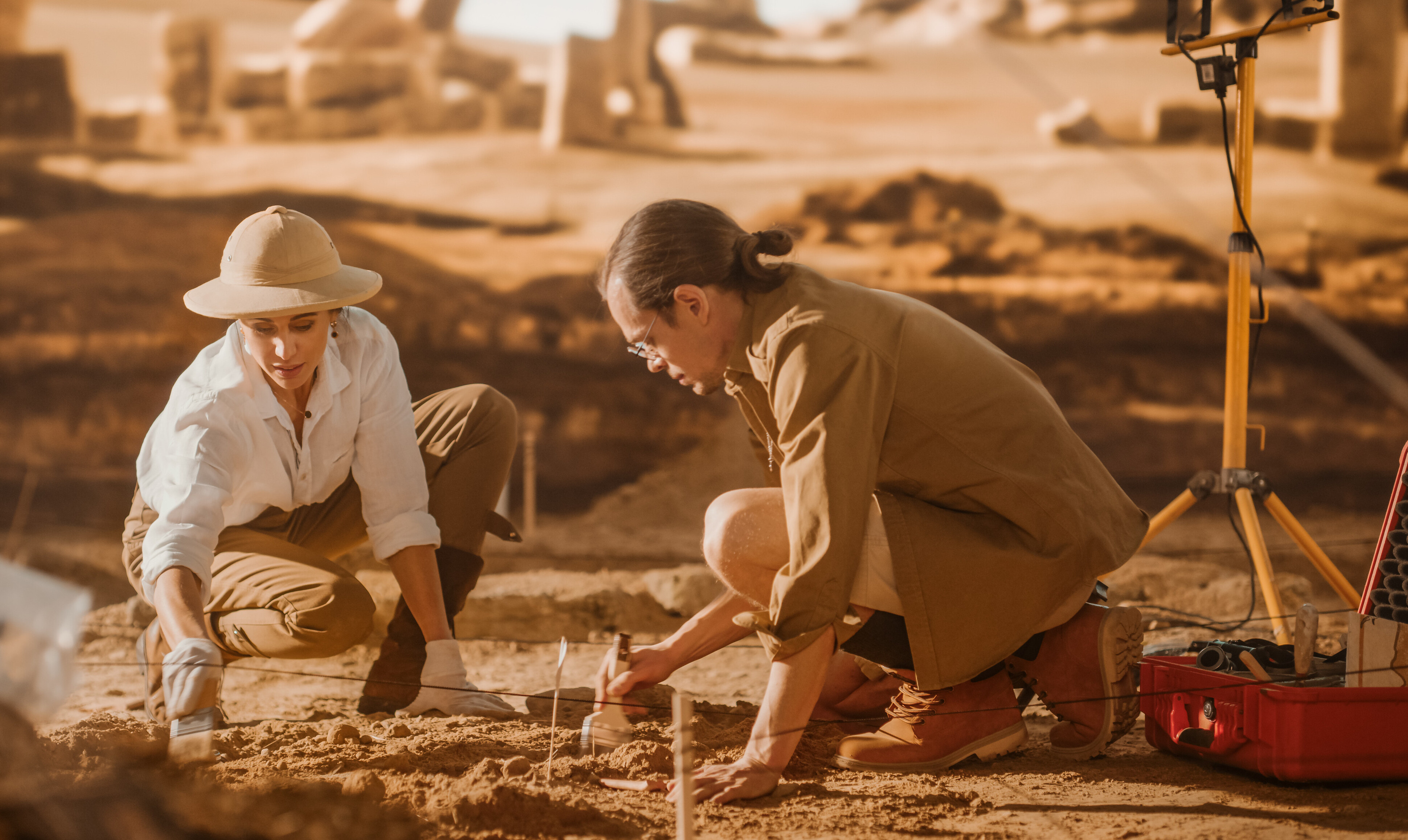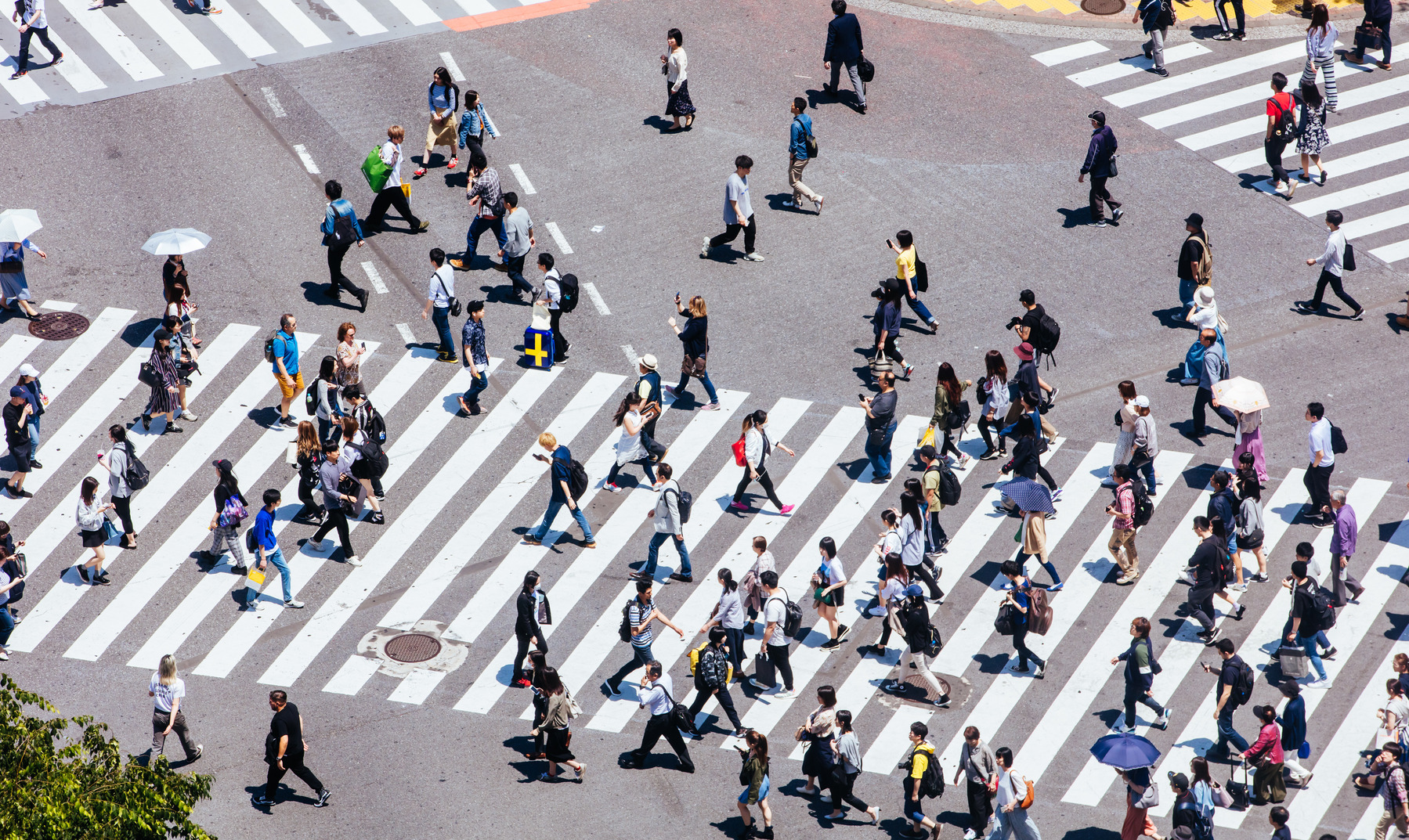According to a World Bank report, there are about 3 billion people in the world who reside in urban areas and produce 1.3 billion tons of solid waste each year. In a Planet whose climate is increasingly crying out for help, it is clear that reducing this waste is more than essential. Yet there are those in the world who not only live among the waste, but even rely on it to be able to feed themselves.
In Central America, for example, the phenomenon of communities living in basureros is steadily increasing in places such as Haiti, Nicaragua, Honduras, and Guatemala itself. In these places in which tons of objects lie for decades waiting to complete their life cycle, entire social groups try to survive amid garbage, scrap, foul odors and total absence of the minimum hygienic conditions.
Right there where items are left to their own devices without any recovery project, families of men, women and children desperately try to make ends meet by salvaging some leftover food or rags with which to clothe themselves.
 Stefano Guindani, photographer and curator of the project
Stefano Guindani, photographer and curator of the project
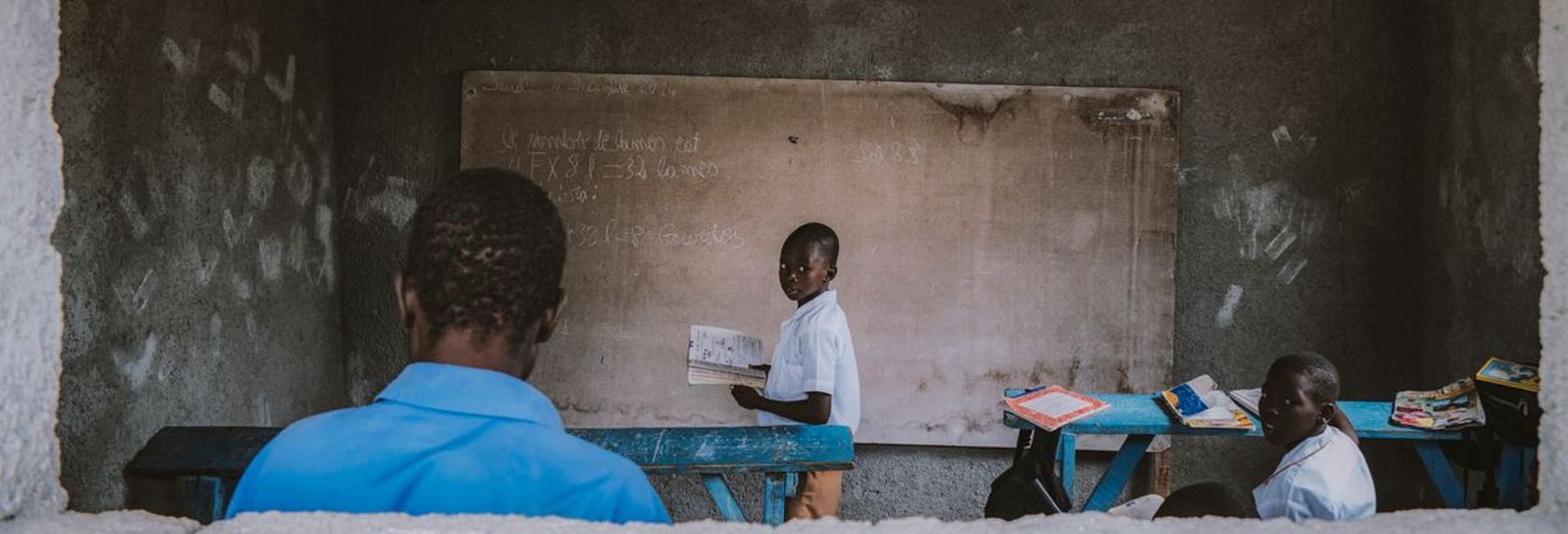
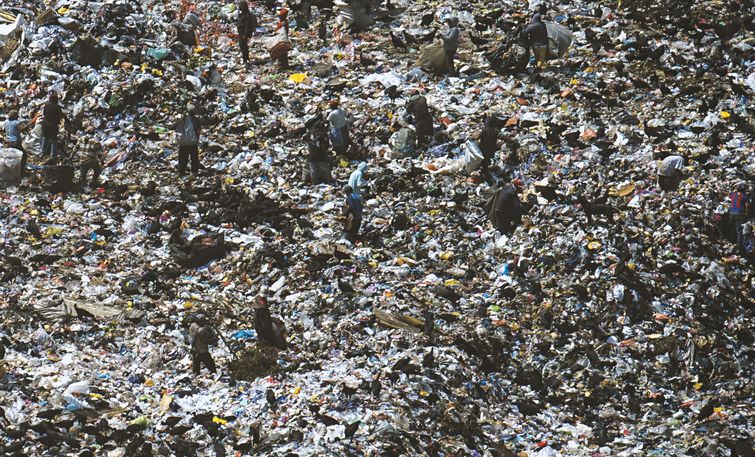
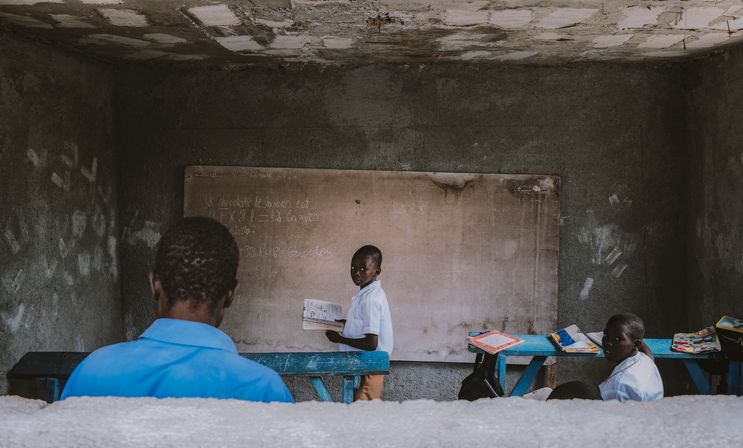
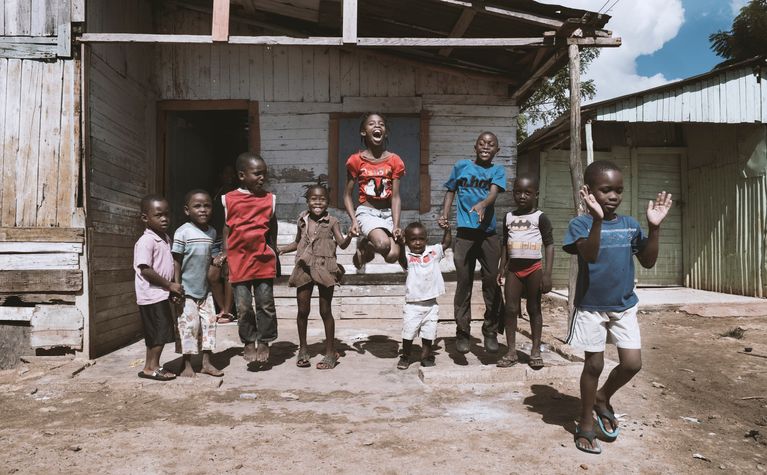
/original/BG4SDGS+Talks+%281%29.png)
